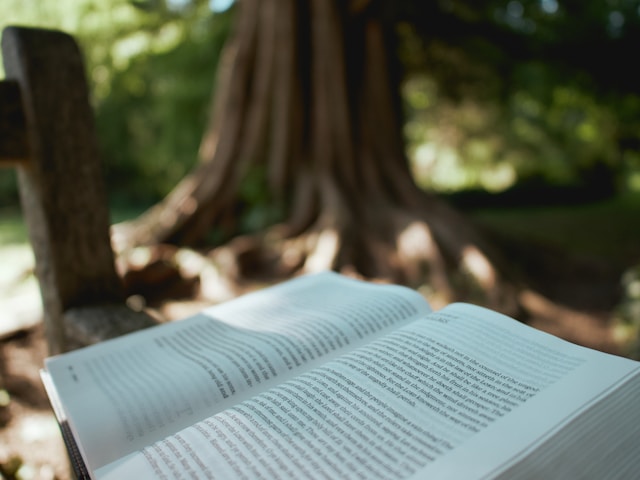While clinical trials provide essential data, they don’t fully capture the realities of psychedelic use in everyday settings. That’s where naturalistic research comes in.

Psychedelics have been the focus of groundbreaking clinical research in recent years, but there’s a major gap in our understanding: how people actually use these substances outside of controlled lab environments. While clinical trials provide essential data, they don’t fully capture the realities of psychedelic use in everyday settings. That’s where naturalistic research comes in.
At Unlimited Sciences, we believe that studying psychedelics in real-world contexts is essential for understanding their true effects. In fact, we conducted the largest naturalistic psilocybin study in the world, gathering data from people using psilocybin mushrooms in their own environments rather than in a clinical lab. The study’s findings help bridge the gap between scientific research and lived experiences, offering valuable insights that clinical trials simply can’t provide.
Unlike clinical trials that take place in highly controlled lab settings, naturalistic research follows participants as they engage with psychedelics in their own environments: whether that’s at home, in nature, or in ceremonial settings. This type of research provides a more accurate picture of how people actually experience psilocybin, rather than how they respond in a clinical setting under strict supervision.
Published papers on psychedelics featuring real-world research have seen significant growth in recent years. In 2018, papers on psilocybin mentioning naturalistic research represented just 9.4% of the total published psychedelic papers, but by 2024, that figure had risen to 14.3% (Source: Google Scholar).
This marks a 52% increase in the proportion of naturalistic research within the broader field of psychedelic studies in the last decade. With the total number of papers on psilocybin doubling since 2018, the continued focus on real-world applications and lived experiences highlights a growing recognition of the importance of studying psychedelics in natural settings. This shift reflects a broader push for research that goes beyond controlled environments to better understand the true impact of psychedelics in everyday life.
Even though naturalistic research isn’t conducted in a lab, it’s still held to high ethical and scientific standards. Studies like ours undergo Institutional Review Board (IRB) approval, which ensures:
However, IRB approval is not the same as FDA approval. The FDA controls clinical trials, but because naturalistic studies aren’t part of the government’s regulatory system, we’re able to research what people actually want to know—not just what federal agencies allow.
This is research for the people, by the people, and it’s shaping the future of psychedelic understanding.
If you’re looking for personalized guidance and support before or after a psychedelic experience, the Unlimited Sciences Psychedelic Info Line offers free, 1:1 support for answering questions about psychedelic safety, integration, and emotional processing.
No comment yet.
Join our email list and get immediate access to part one of our psilocybin guide. You’ll also get the latest in how we’re bridging the gap between science and soul: psychedelic research updates, real-world findings, community-driven education, personal stories and expert insights on natural medicine.
Advancing Real-World Psychedelic Research and Science-Backed Education
Unlimited Sciences is provided with a nonprofit status by fiscal sponsorship through Realm of Caring Foundation.
Federal EIN: 46-3371348.
© 2025 Unlimited Sciences. All Rights Reserved.
Designed by Gloss